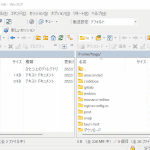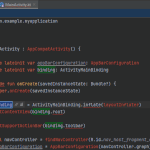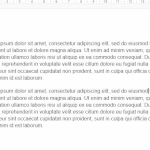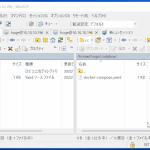php 文字列に変換する「strval」と「(string)」と「ダブルクォーテーション」のパフォーマンスを計測する

phpで、文字列に変換する「strval」と「(string)」と「ダブルクォーテーション」のパフォーマンスを計測するサンプルコードを記述してます。phpのバージョンは8.0です。
環境
- OS CentOS Stream release 8
- php 8.0.0
- nginx 1.14.1
実行時間計測
microtimeを使用すれば、処理にかかった時間を計測することが可能です。
$startTime = microtime(true);
// 処理を記述
$time = microtime(true) - $startTime; // 処理にかかった時間(ミリ秒)以下は、「strval」と「(string)」と「ダブルクォーテーション」を使用して、文字列に変換するコードを1000万回実行して、パフォーマンスを計測するサンプルコードとなります。
<?php
// 1000万回実行
define('COUNT', 10000000);
// 計測開始
$startTime = microtime(true);
// 文字列に変換する変数
$num1 = 10.11;
$num2 = 10.11;
$num3 = 10.11;
for ($i = 0; $i < COUNT; ++$i) {
$result1 = strval($num1);
}
result($startTime, 'strval');
// 計測開始
$startTime = microtime(true);
for ($i = 0; $i < COUNT; ++$i) {
$result2 = (string)$num2;
}
result($startTime, '(string)');
// 計測開始
$startTime = microtime(true);
for ($i = 0; $i < COUNT; ++$i) {
$result3 = "$num3";
}
result($startTime, '""');
function result($time, $str)
{
echo '測定結果 : ' . $str . PHP_EOL;
// 表示は少数第5桁まで
echo "process time: " . number_format((microtime(true) - $time), 5) . ' ミリ秒' . PHP_EOL;
echo PHP_EOL;
}
実行結果
[1回目]
測定結果 : strval
process time: 2.97431 ミリ秒
測定結果 : (string)
process time: 2.97743 ミリ秒
測定結果 : ""
process time: 2.97763 ミリ秒
[2回目]
測定結果 : strval
process time: 3.02088 ミリ秒
測定結果 : (string)
process time: 3.02415 ミリ秒
測定結果 : ""
process time: 3.02444 ミリ秒
[3回目]
測定結果 : strval
process time: 2.98853 ミリ秒
測定結果 : (string)
process time: 2.99737 ミリ秒
測定結果 : ""
process time: 3.00228 ミリ秒どれもパフォーマンスは、ほぼ同じです。
-
前の記事

javascript lodashを使って文字列に変換を行う 2021.11.24
-
次の記事

python PySimpleGUIでInputの位置を設定する 2021.11.24










コメントを書く